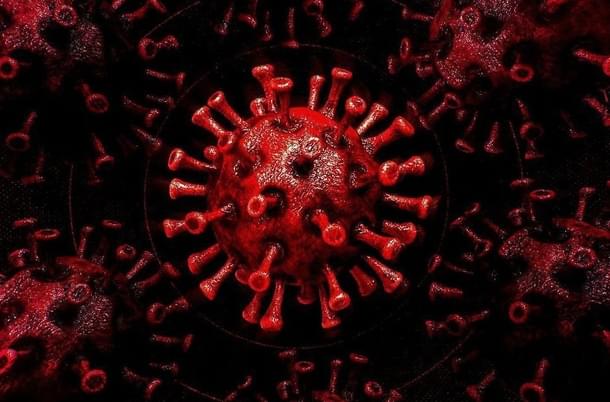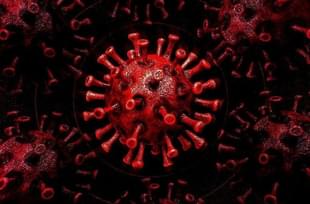News Brief
All You Need To Know About Possibly More Infectious Lambda Variant
Bhaswati Guha Majumder
Jul 07, 2021, 11:00 AM | Updated 11:00 AM IST
Save & read from anywhere!
Bookmark stories for easy access on any device or the Swarajya app.


Scientists believe that the Lambda variant, which was initially discovered in Peru about a year ago, is a fresh source of concern for them because mutations could make Covid-19 vaccinations resistant. This variant, also known as C.37, is now detected in almost 30 countries, and it could be much more dangerous than the Delta variant, as per the latest reports.
The Lambda variant is particularly common in South America, having first arrived in Peru in August 2020, and is now responsible for an increasing number of cases in these nations. Having made its way to Europe, where there is already an ongoing war against the Delta variant, it is still unclear how serious of a threat it poses due to a lack of research.
However, the World Health Organization (WHO) has classified it as a "variant of interest" rather than a "variant of concern," indicating that it has been recognised as causing transmission or detection in many countries. As per the United Nations health agency, the mutations in a variant could boost its transmissibility or resistance to "neutralising antibodies". Jairo Mendez-Rico, a WHO virologist, said: "So far we have seen no indication that the Lambda variant is more aggressive. It is possible that it may exhibit higher infection rates, but we don't yet have enough reliable data to compare it to Gamma or Delta".
Jeff Barrett, who is the director of the Covid-19 Genomics Initiative at the Wellcome Sanger Institute in the United Kingdom, told the Financial Times that a reason it is challenging to "make sense of the threat from Lambda, using computational and lab data, is that it has rather an unusual set of mutations, compared with other variants".
According to the Pan American Health Organization (PAHO), Lambda is responsible for roughly 82 per cent of coronavirus case samples recorded in May and June. Lambda was recently identified as having potential increased transmissibility or probable greater resistance to neutralising antibodies, according to Public Health England in the United Kingdom, which reported a handful of instances in the country. While many experts believe that more studies are needed to find a conclusive answer, some of them have claimed that the coronavirus pandemic won't be over until at least 80 per cent of the world's population gets the vaccine.
While there are concerns about surpassing vaccine triggered immunity by some SARS-CoV-2 variants, including Lambda, Mendez-Rico said: "All of the vaccines we have approved worldwide have been generally effective against circulating coronavirus variants, and there is no reason to suspect them to be less so against Lambda". Meanwhile, a new study was published by American researchers, who suggested that the vaccines that are currently being rolled out in many countries should be effective against the Lambda variant. Nathaniel Landau and colleagues who conducted the study also suggested that according to their findings, Regeneron's REGN-COV2 monoclonal antibody cocktail would work against C.37 or the Lambda variant.





